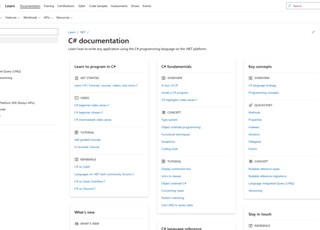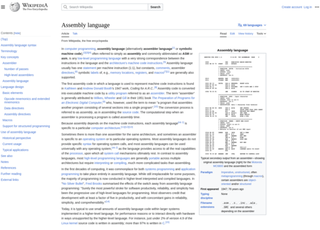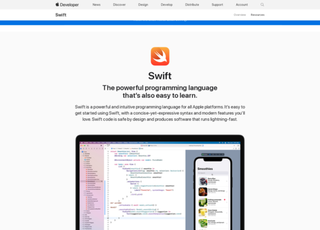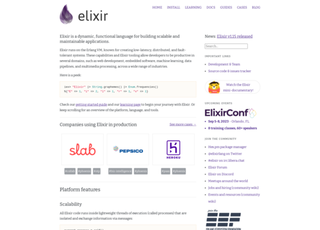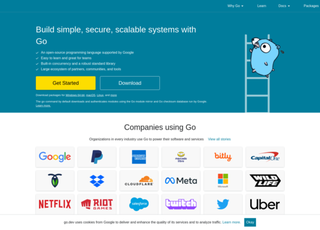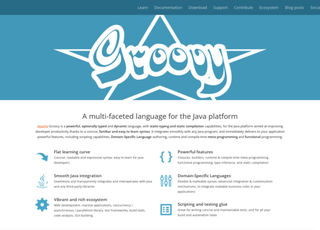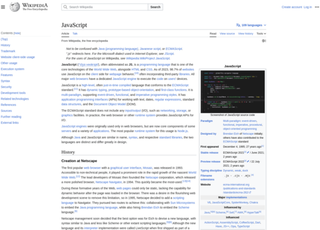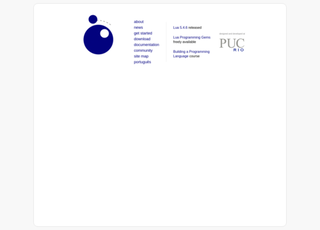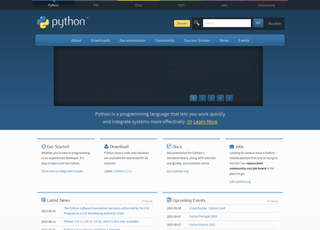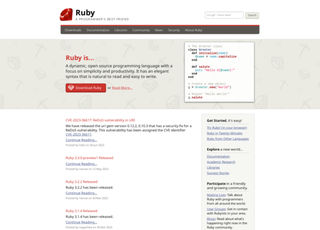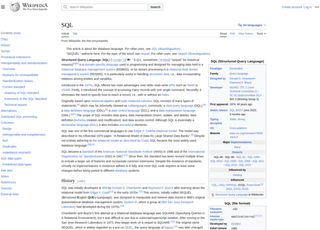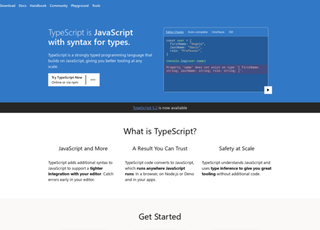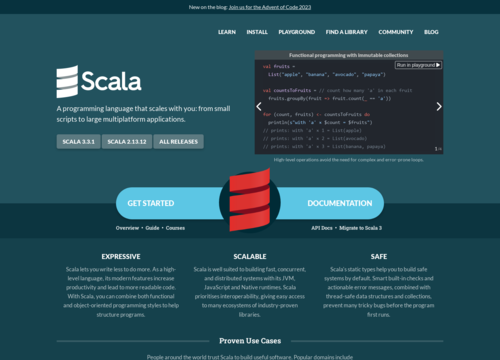C
The C programming language is one of the most influential and widely used programming languages to date. Here's a detailed overview:
History
Origin: C was developed in the early 1970s by Dennis Ritchie at Bell Labs as a successor to the B language. It was created for the development of the UNIX operating system.
Standardization: C was standardized by the American National Standards Institute (ANSI) in 1989 (ANSI C) and subsequently by the International Organization for Standardization (ISO). The most widely known versions of the C standard are ANSI C (C89), ISO C99, and ISO C11.
Features
Low-Level Capabilities: C provides constructs that map efficiently to typical machine instructions, making it a powerful language for system programming.
Portability: With minimal effort, C programs can be ported to different platforms.
Flexibility: It allows direct manipulation of hardware, access to memory addresses, and so forth.
Rich Set of Operators: C offers a variety of data types and operators to work on them.
Functions: C supports the use of functions, promoting modular programming.
Pointer Arithmetic: C supports pointers, a powerful feature that distinguishes it from other high-level languages.
Basic Syntax
Data Types: Common data types include
int,char,float, anddouble.Variables: Variables must be declared before use. Example:
int a;Functions: Programs usually consist of one or more functions. The main function is the starting point for execution. Example:
Loops: C supports
for,while, anddo-whileloops.Conditionals:
if,else if, andelseare used for condition-based executions. C also supports theswitchstatement.Pointers: Pointers hold memory addresses. Example:
Standard Library
C comes with a rich set of standard libraries that provide essential
utilities, functions, and macros. The most well-known header is stdio.h, which provides input-output operations. Other examples include stdlib.h, string.h, and math.h.
Compilation and Execution
C programs are compiled using a compiler, which translates the high-level C code into machine code for a specific platform. The output is typically an executable file. Common compilers include GCC (GNU Compiler Collection) and Clang.
Influence
C has had a profound impact on the world of programming:
Languages: Many modern languages, including C++, C#, and Objective-C, have been directly influenced by C.
Operating Systems: UNIX was originally written in C, and most modern OSes, including Linux and Windows, contain components written in C.
Systems Programming: C remains a top choice for systems programming, embedded programming, and other areas where close-to-the-metal performance is required.
Limitations and Criticisms
Safety: C gives programmers a lot of power, but with that comes the potential for errors like buffer overflows, memory leaks, and undefined behavior.
Modern Features: Compared to newer languages, C lacks some of the modern features that make programming safer and more convenient, such as garbage collection, type inference, or robust standard libraries.
Despite its age, C remains relevant and widely used in various domains. Its simplicity, efficiency, and influence on subsequent languages make it a foundational pillar in the world of programming.





















